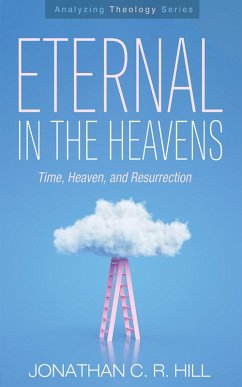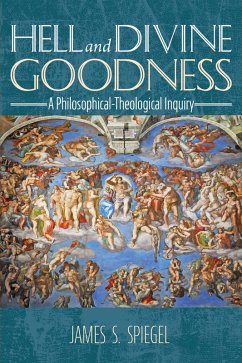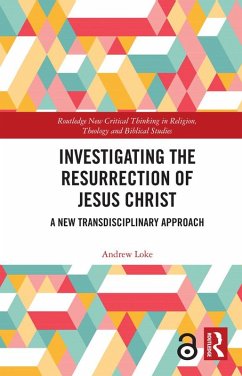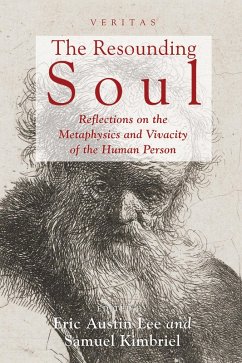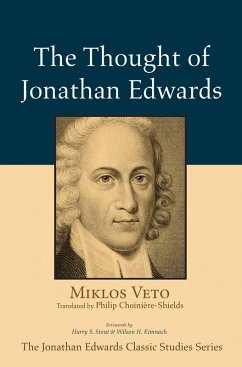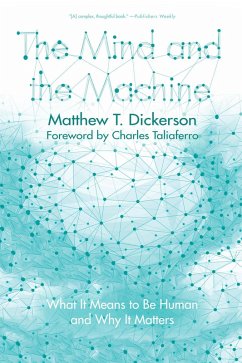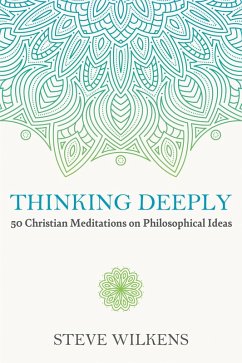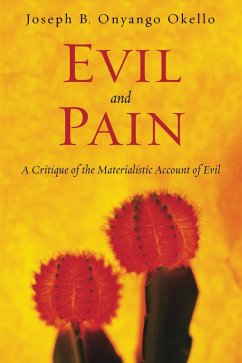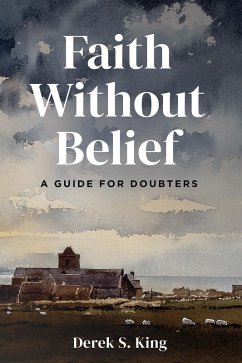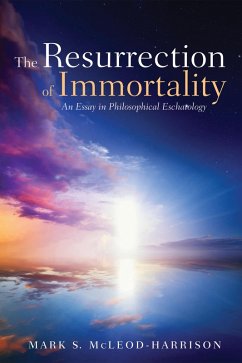
The Resurrection of Immortality (eBook, ePUB)
An Essay in Philosophical Eschatology
Versandkostenfrei!
Sofort per Download lieferbar
9,95 €
inkl. MwSt.
Weitere Ausgaben:

PAYBACK Punkte
5 °P sammeln!
If humans are not capable of immortality, then eschatological doctrines of heaven and hell make little sense. On that Christians agree. But not all Christians agree on whether humans are essentially immortal. Some hold that the early church was right to borrow from the ancient Greek philosophers and to bring their sense of immortality to bear on the interpretation of biblical passages about the afterlife. Others, however, suggest that we are inherently mortal, and only conditionally immortal. This latter view is usually associated with an annihilationist interpretation of the doctrine of hell ...
If humans are not capable of immortality, then eschatological doctrines of heaven and hell make little sense. On that Christians agree. But not all Christians agree on whether humans are essentially immortal. Some hold that the early church was right to borrow from the ancient Greek philosophers and to bring their sense of immortality to bear on the interpretation of biblical passages about the afterlife. Others, however, suggest that we are inherently mortal, and only conditionally immortal. This latter view is usually associated with an annihilationist interpretation of the doctrine of hell and a rejection of eternal torment. In a philosophical analysis and argument, McLeod-Harrison proposes that humans are, indeed, immortal, but not essentially so. But neither are we immortal accidentally or conditionally. Instead, immortality is an enduring property--a property we cannot lose once created. McLeod-Harrison carefully delineates the sense of immortality he defends and provides a broadly Christian philosophical argument for it. The argument, if correct, leaves the recent suggestion that the unredeemed are annihilated on unsteady metaphysical feet. However, McLeod-Harrison does not defend eternal conscious punishment for the unredeemed, but suggests some ways to think about the possibility of a universal salvation.
Dieser Download kann aus rechtlichen Gründen nur mit Rechnungsadresse in A, D ausgeliefert werden.




